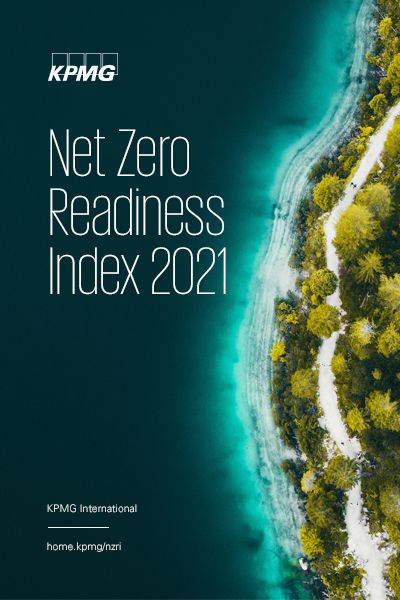South Korea shows strong political determination with a 2050 Net Zero target, substantial Green Deal plans and the development of green transport and hydrogen technology, but challenges include economic reliance on petrochemicals and use of coal for electricity.
Public and private sector momentum
South Korea faces a significant challenge in decarbonization due to the role petrochemicals play in its economy. However, the government has committed to a transition with a target of reaching Net Zero by 2050 announced in October 2020. President Moon Jae-in’s plans, made as part of a budget address to the national assembly, include spending 8 trillion South Korean won (KRW) (USD7 billion) on a Green New Deal, including KRW4.3 trillion on infrastructure for electric and hydrogen-powered vehicles and KRW2.4 trillion on upgrading buildings and urban spaces. He also said that the country would replace coal-fired power stations with renewable generation.1
“It gives a strong signal to Korean companies that they need to figure out how to mitigate greenhouse emissions or remove carbon from their portfolios by 2050,” says Ah-Ryung Lee, Manager, KPMG in Korea. But she adds that specific action plans or guidelines for corporates have not been prepared yet, making it difficult for companies to decide how to achieve this.

The main mechanism at present is the emissions trading scheme set up in 2015, with changes planned under which credits will be charged for rather than freely available as at present, as well as more sectors being covered. Reflective of this, Lee says that there is a strong trend for Korean companies to announce Net Zero target dates, but as with the government, details may be lacking. Some large companies have pledged to move to using renewable energy, with six members of the SK Group joining RE100, a global initiative through which companies commit to using only renewable power, in December 2020.2 A national equivalent, K-RE100, was set up as a pilot by the government in March 2021, with 60 agencies and businesses participating.3
Electricity and heat
South Korea is ranked 10th on electricity and heat, with demand- and supply-side market mechanisms for the adoption of clean energy contributing to this. While coal remains the largest source of power, the government has said it intends that 20 percent of power will come from renewables by 2030,4 and Korean companies now have solid ways to purchase electricity generated solely from renewable sources through power purchase agreements after the official launch of K-RE100 this year. Some energy-intensive manufacturers have announced their own plans to decarbonize with Posco, the country’s largest steel maker, having said it will move to carbon neutrality by 2050 through the use of hydrogen and carbon capture, utilization and storage technologies.5
Transport and buildings
Although power generation and industry are the most significant sectors in moving South Korea to Net Zero, the government has also published specific plans for adopting electric vehicles. Its voluntary K-EV100 project offers financial support for companies that pledge to power their fleets entirely with electricity by 2030, as well as spending announced by the president for charging infrastructure.

Existing widespread availability contributes to South Korea ranking fifth on transport along with a significant number of patents in clean transport. Some local governments are working to adopt electric-powered buses, although there is no national target for this. South Korea is also a leading developer of clean hydrogen technologies for use in cars and shipping.
South Korea ranks third on the buildings sector, a rating supported by the use of efficient heat pumps, mandatory building energy certification and innovation in building energy efficiency and carbon management.
Contributor

Ah-Ryung Lee
Manager
KPMG in South Korea
1 'Address by President Moon Jae-in at National Assembly to propose government budget for 2021’ (English translation), Republic of Korea, 28 October 2020. http://english1.president.go.kr/BriefingSpeeches/Speeches/898
2 ‘South Korean companies join global race for clean energy’, RE100, 4 December 2020. https://www.there100.org/our-work/press/south-korean-companies-join-global-race-clean-energy
3 ‘RE100 campaign’, The Korea Times, 7 March 2021. https://www.koreatimes.co.kr/www/opinion/2021/03/202_305111.html
4 ‘Climate change’, South Korean Ministry of Environment, accessed July 2021. https://eng.me.go.kr/eng/web/index.do?menuId=463
5 ‘Posco pledges to achieve carbon neutrality by 2050 and lead low carbon society’, Posco, 16 December 2020. https://newsroom.posco.com/en/posco-pledges-to-achieve-carbon-neutrality-by-2050-and-lead-low-carbon-society/



